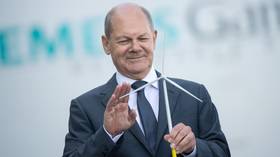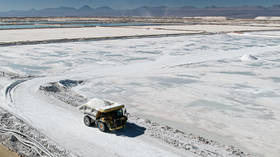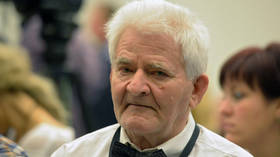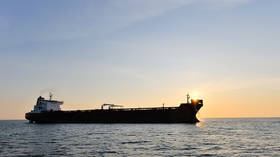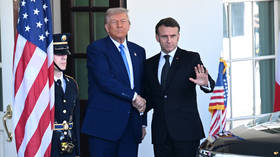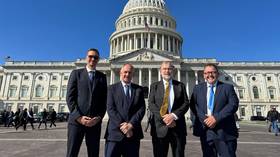Belgians should face ‘bitter truth’ – mayor
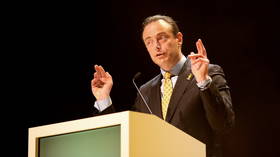
The Belgian government’s energy policies have pushed the country into a dire situation and made it akin to debt-ridden Greece, the leader of the country’s opposition New Flemish Alliance party has said.
It’s time for Belgians to face the “bitter truth” that their country is “bankrupt,” Bart De Wever, who is also serving a term as mayor of Antwerp, said in an interview with local television, as quoted by the Belgian daily Het Laatste Nieuws.
“Look at our debt, government spending and deficit. It is worse than in Southern Europe,” he said. “I previously said that after the next economic shock we would be the new Greece. Unfortunately, that is now the reality.”
De Wever, who leads a conservative Flemish nationalist political force, accused the government of Prime Minister Alexander De Croo of failing to prepare Belgium for the ongoing EU energy crisis, contrasting the crunch with what the US is experiencing.
“The American people are not in this kind of sh*t. They have done the opposite of what we have done. They are now exporters of oil and gas, which certainly was not the case 20 years ago,” he said.
President Barack Obama has cited as one of the crowning achievements of his presidency the turning of the US into a net oil and fuel exporter, which happened in 2018 and for the first time in decades.
The Belgian politician argued that EU adherence to “green dogmas” did little to avert climate change, since strict standards simply push industries to other countries. Belgium and Germany were particularly “stupid” to phase out their stable of nuclear energy plants, De Wever believes.
The current government confirmed its commitment to shutting down the Doel Nuclear Power Station and the Tihange Nuclear Power Station in the December coalition agreement. The decommissioning process of all seven Belgian units is scheduled to start this year, with a full shutdown by 2025. The plan was to build government-subsidized gas-fired power plants to compensate for the loss of the electricity generation.
In March, the government announced that it was considering running the relatively newer Doel-4 and Tihange-3 reactors for ten years beyond the previous 2025 deadline, due to predicted energy shortages.
“This is not a crisis that [Russian President Vladimir] Putin has caused,” De Wever argued in the interview. “Europe has brought it on itself by phasing out its own primary energy production this century.”
The region of Flanders, which has some energy-intensive industries, is particularly vulnerable to the energy shortage, he added.
